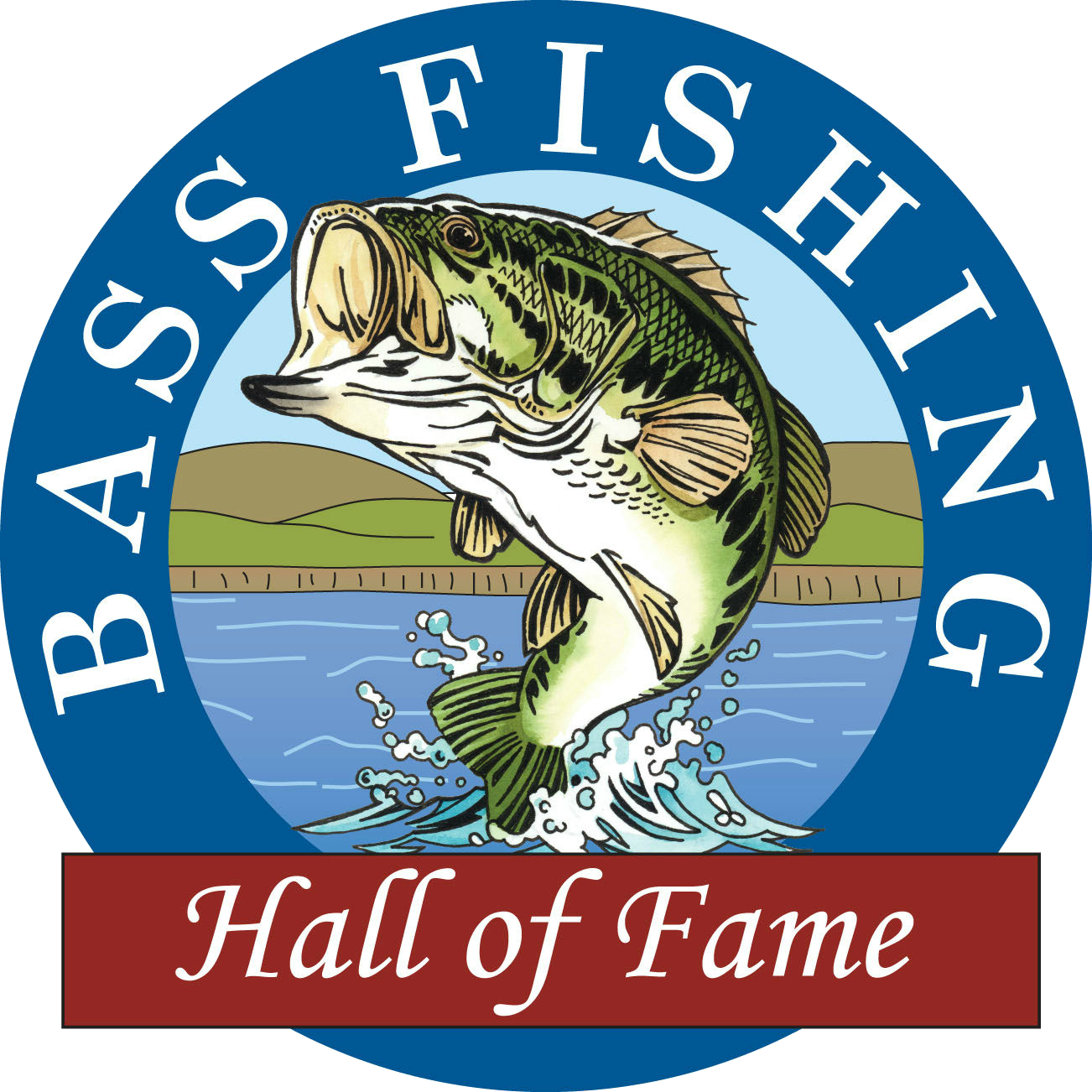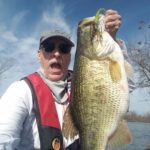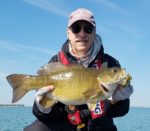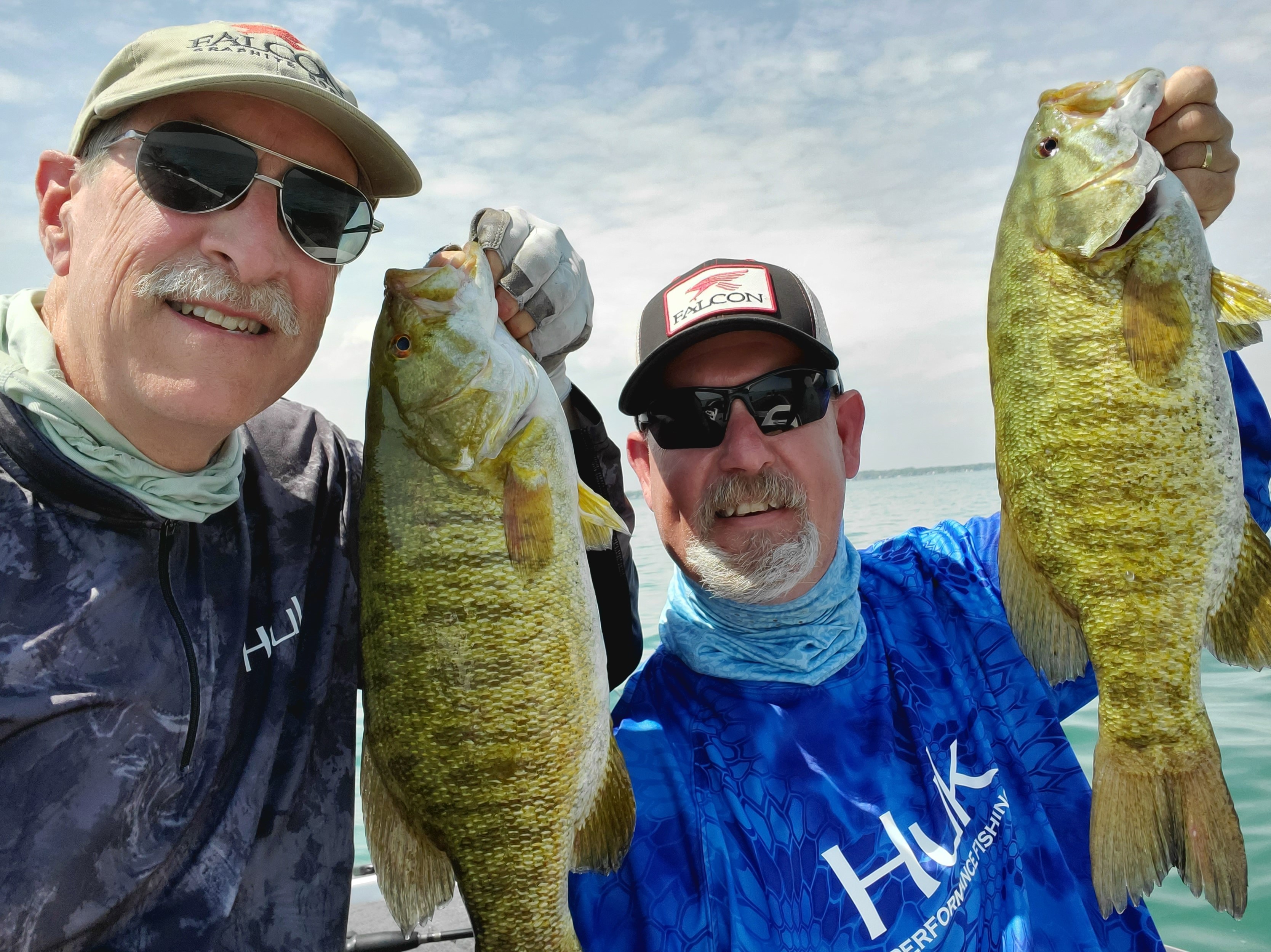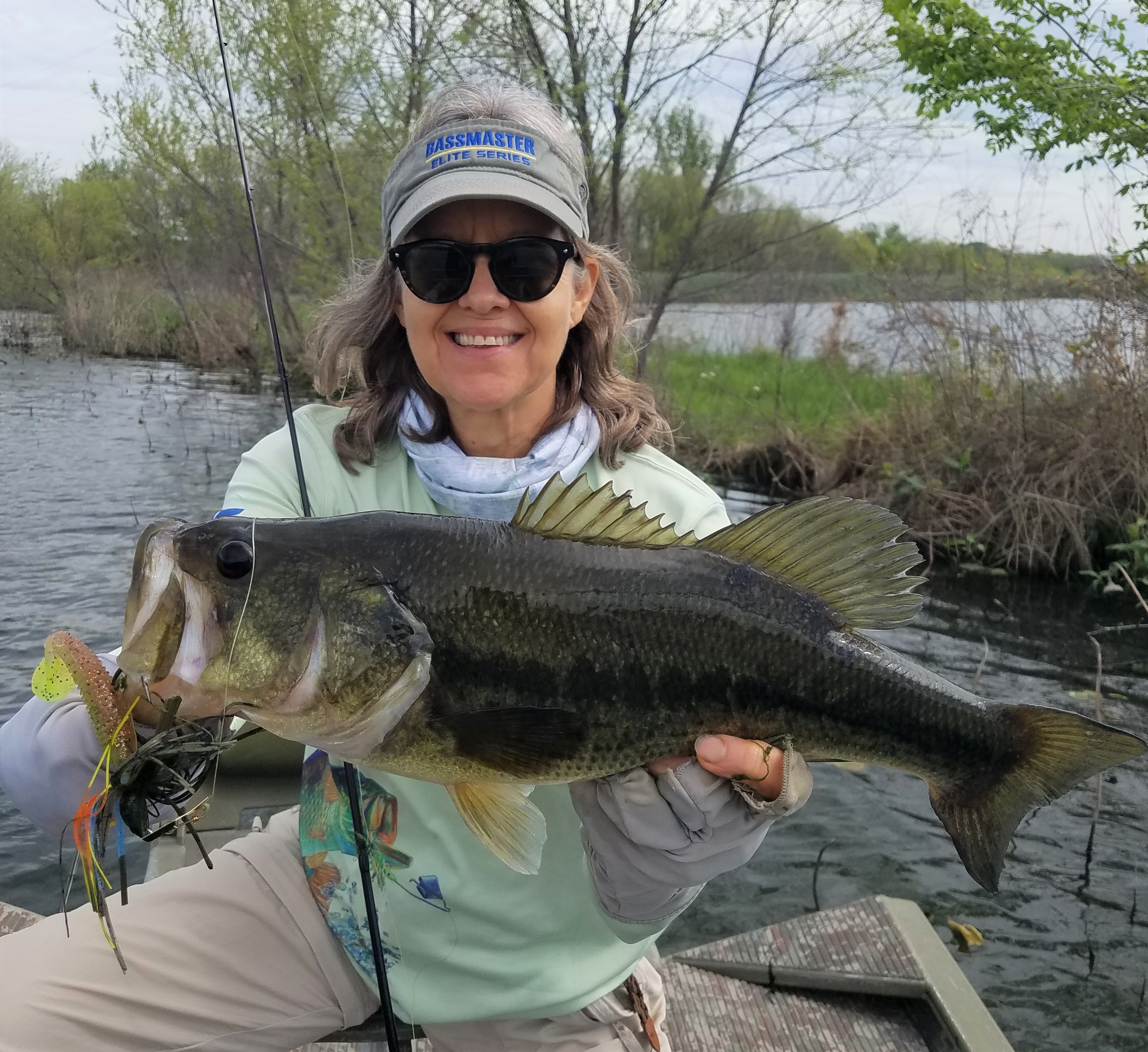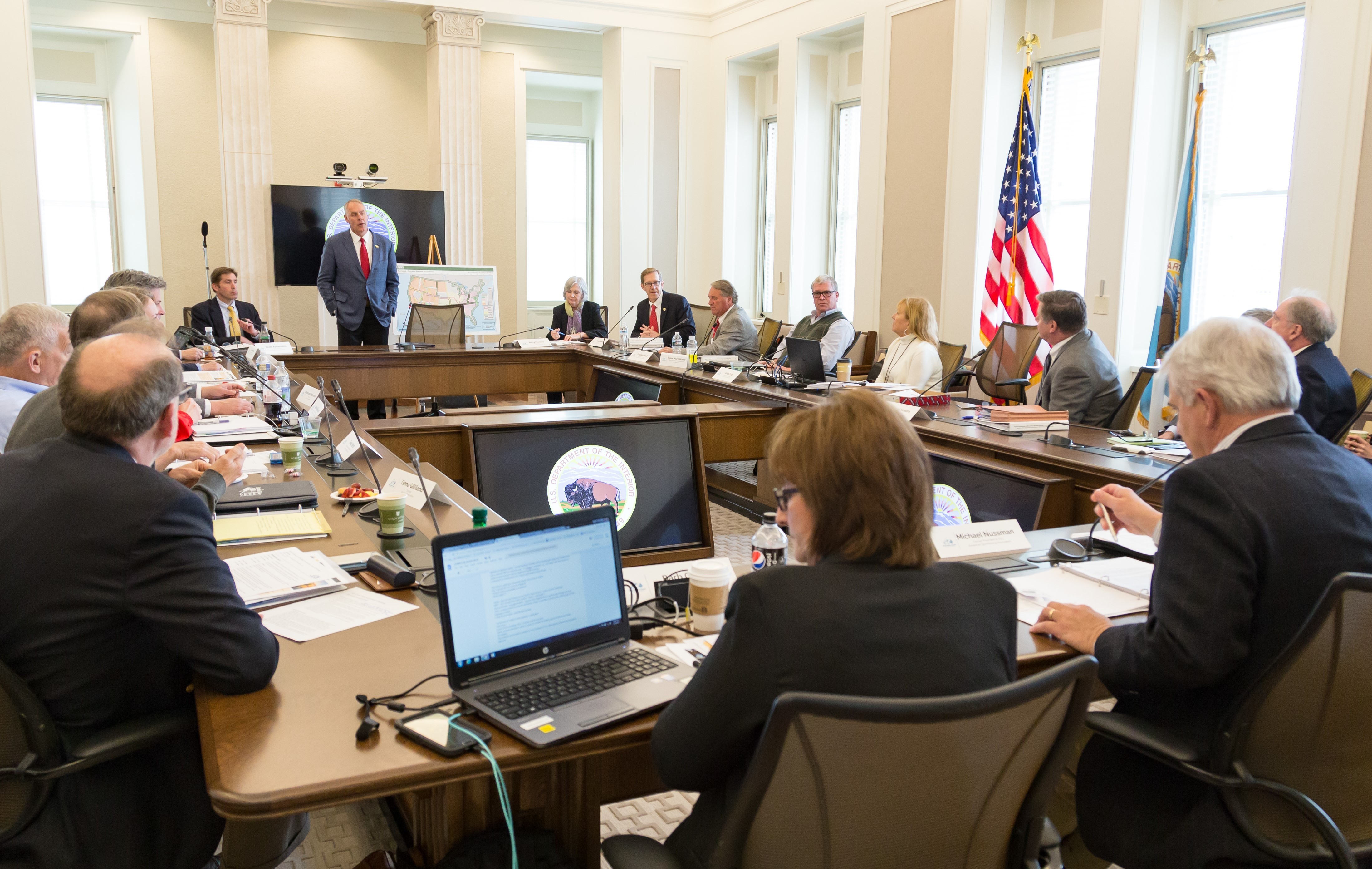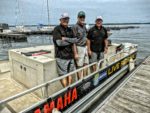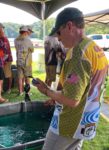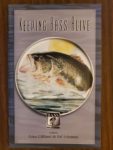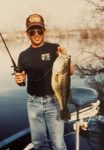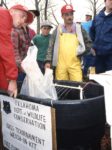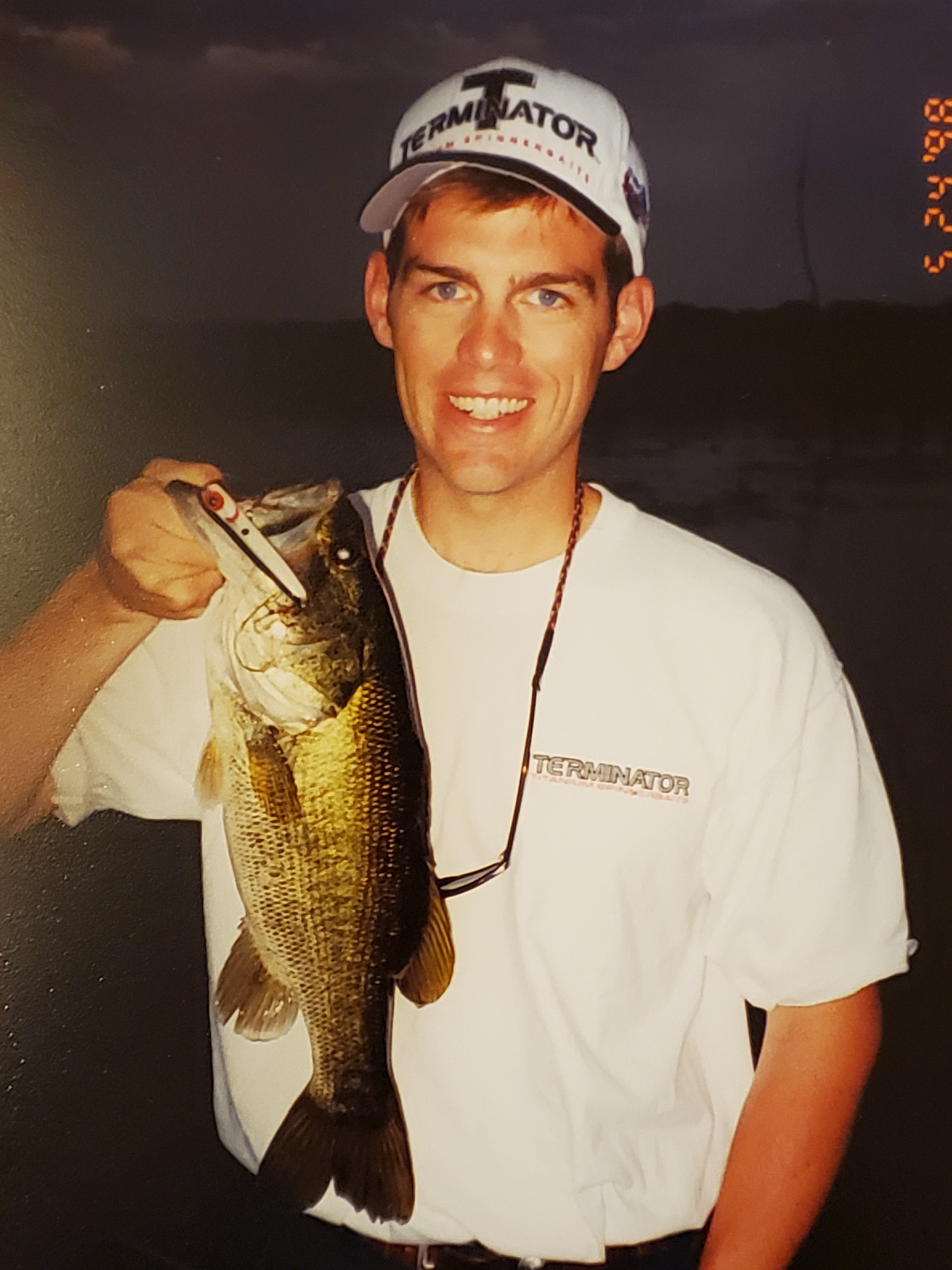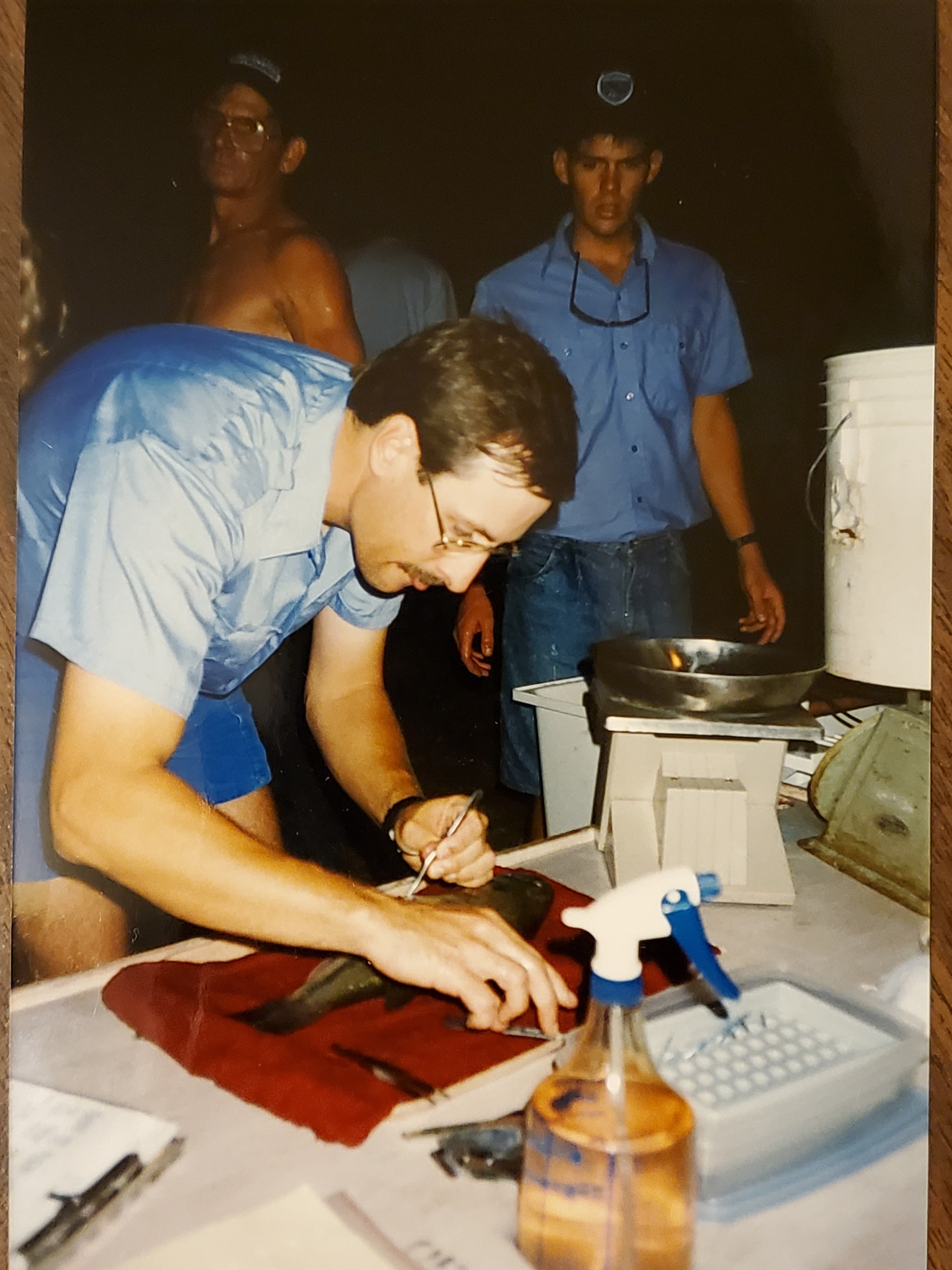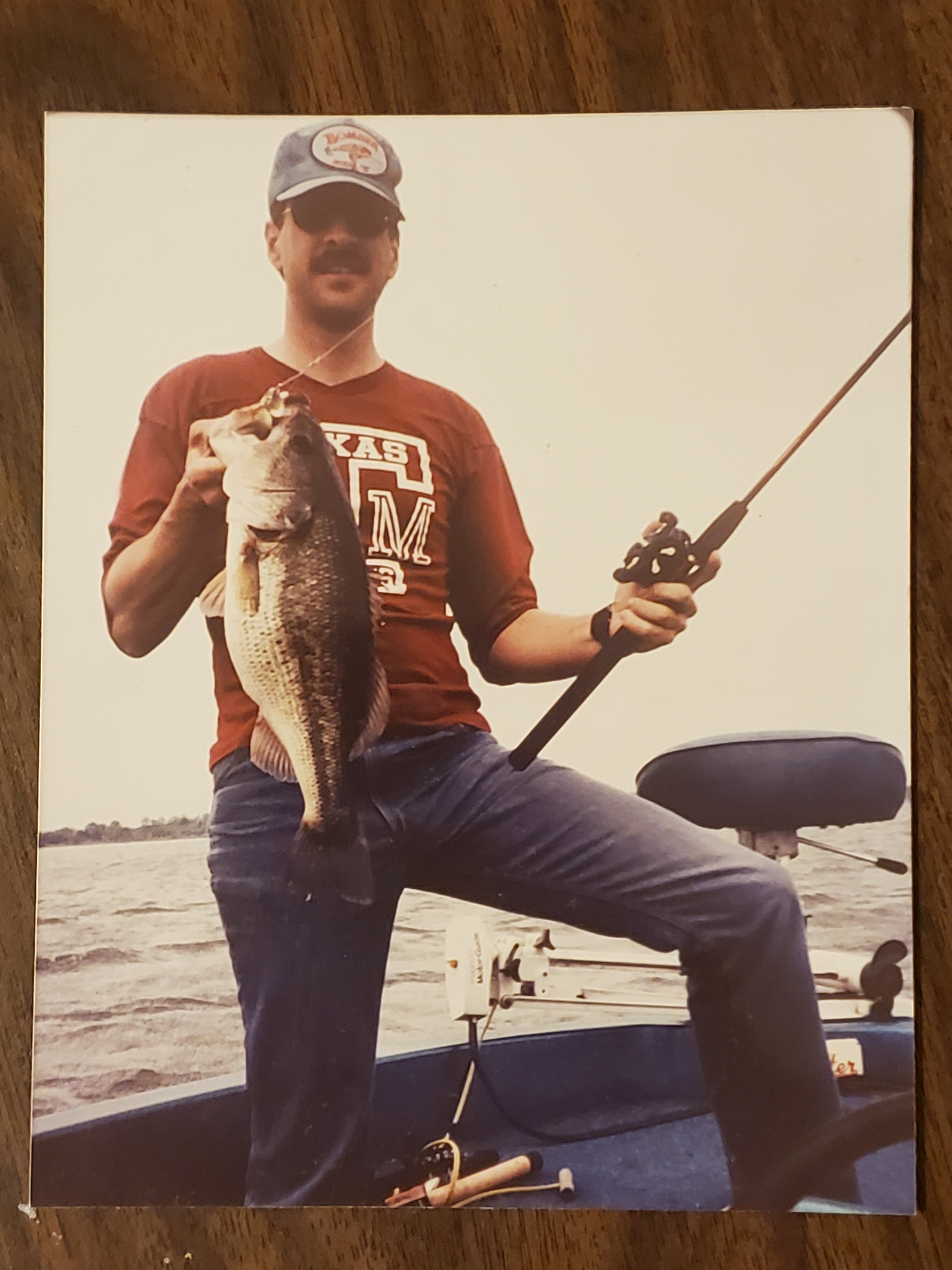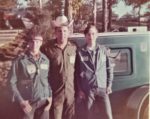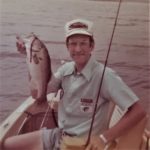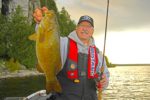Gene Gilliland
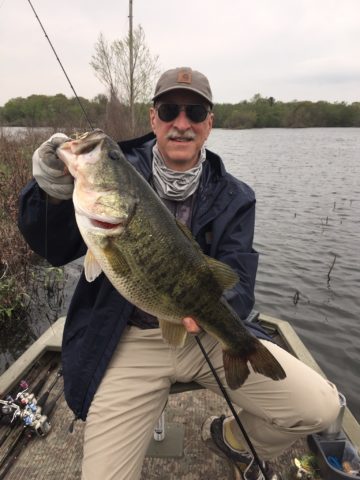
Gene Gilliland
Inducted: 2021
Gene Gilliland — Gene Gilliland, a nationally known fisheries biologist, was 12 years old when he was first introduced to fishing by family friend “Uncle” Ralph Buckingham. Uncle Ralph put a ZEBCO 33 in Gene’s hand and tied on a Johnson Silver Minnow with an Uncle Josh pork frog trailer – and they went bass fishing. That lit the fire that still burns today.
Curtis and Genie Gilliland supported their son’s fishing obsession and bought a jon boat. Gene and childhood friend Charlie Steed (deceased) taught each other to fish on local farm ponds and the pair soon stepped up to a small bass boat, fishing lakes all over North Texas. They were frequent visitors at Bomber Bait Company in their hometown of Gainesville, Texas, where founder Clarence “Turby” Turbeville kept them supplied with baits. They learned about bass fishing from BASSMASTER Magazine and by watching Bill Dance on TV. They joined B.A.S.S. and the Gainesville Bass Club, where experienced adult anglers like Ray Nichols and Tim Bullard became friends and mentors to the teenagers.
Gene’s life-changing moment in fishing wasn’t a big catch or a tournament win. It happened while Gene and Charlie were attending the 1972 BASSMASTER All-American Tournament weigh-in at Lake Eufaula, Oklahoma. They met B.A.S.S. founder Ray Scott who was promoting the revolutionary concept of releasing tournament bass alive. Scott showed them the tank used to hold bass prior to release. That tank and the catch-and-release concept ultimately changed tournament fishing and the mindset of bass anglers – and would influence Gene’s future in ways that he could never have dreamed.
Gene already had an interest in biology when high school science teacher Ronald Green told him about careers in fisheries. Gene interned that summer for the Texas Parks & Wildlife Department and got hooked on the science. He enrolled in the Fisheries Sciences program at Texas A&M and after completing his degree, his advisor, Dr. Richard Noble, encouraged him to pursue graduate studies. Gene landed at Oklahoma State University and earned a master’s degree.
Following graduate school, he was hired by the Oklahoma Department of Wildlife Conservation (ODWC) at the Fishery Research Lab in Norman. Fisheries Chief Kim Erickson and supervisor Greg Summers gave him free rein to design and conduct bass research projects. Veteran biologist Jeff Boxrucker was always there for advice and counsel. Gene spent over a decade refining the agency’s Florida bass stocking protocols, was responsible for bringing smallmouth bass from Tennessee and stocking their offspring in Oklahoma reservoirs, helped develop ODWC’s Black Bass Management Plan, and coordinated aquatic vegetation introductions and habitat enhancement projects.
As tournament popularity grew, so did concerns about the impacts on bass populations. Gene became the liaison between ODWC and tournament organizations. In the early 1990’s he began research looking at fish dispersal from weigh-in locations. Alan McGuckin who went on to career in the fishing industry, was a University of Oklahoma graduate student and helped with that study. Gene and Alan shared a passion for the sport and became fast friends, a friendship that has lasted 30 years.
Realizing that bass club weigh-ins were less than optimal, in 1993 Gene and his technician Rick Horton created a “Weigh-in Kit” to help clubs run “fish-friendly” weigh-ins. A partnership with Falcon Rods and Gene Larew Lures funded distribution of kits to tackle shops who loaned the equipment, free of charge. Media coverage caught the attention of Al Mills, then B.A.S.S. Environmental Director, who invited Gene to speak at a conservation workshop. That speaking engagement began a long professional relationship with B.A.S.S., working with each successive Conservation Director (CD) – Bruce Shupp, Chris Horton and Noreen Clough (deceased).
From 1994 to 1999 Gene took tournament fish-care recommendations made by other researchers and tested them in controlled situations, developing a set of best practices. Studies and data compilations done by long-time colleague, friend, and later fishing buddy Dr. Hal Schramm were invaluable in developing the research. Gene and Rick’s backgrounds as tournament anglers proved advantageous in defining objectives and communicating with anglers, tournament organizers, and the public.
After seeing Gene’s research presentation at a conference in 2000, B.A.S.S. CD Bruce Shupp commissioned Gene and Hal to collaborate on Keeping Bass Alive, A Guidebook for Tournament Anglers and Organizers (KBA). That publication became the defining document on tournament fish care. It was distributed to tens of thousands of anglers, tournament organizations, and state agencies; has been quoted in countless print and website articles. Although the science has advanced since KBA was first published, the basic principles are still relevant and have been validated in more recent studies.
Gene has attended all but one BASSMASTER Classic since 1993 participating in conservation workshops and assisting with fish care. He wrote a column for B.A.S.S. Times for over 17 years about black bass research, management, and conservation issues. He also became a trusted source of information for outdoor writers across the country and was often invited to speak at angler workshops and professional conferences.
Gene’s body of work has been recognized by all levels of the American Fisheries Society for his scientific contributions and for his public outreach efforts. He was inducted into the Fisheries Management Hall of Excellence in 2014, one of the highest honors in the fisheries profession.
In 2013, Gene retired from ODWC after 32 years. At the urging of retiring B.A.S.S. CD Noreen Clough, Gene accepted the position as her replacement and holds it today. Gilliland is regarded as a voice for bass fishing on numerous national boards and councils where B.A.S.S. holds a seat. Gene helps guide the B.A.S.S. Conservation Agenda, provides content for the company website and social media platforms, works with the tournament staff ensuring the highest levels of fish care are followed, and acts as a mentor to the volunteer B.A.S.S. Nation state Conservation Directors, assisting with local and state issues. He has served on the board of directors of the Bass Fishing Hall of Fame since 2014.
From that early relationship with Bomber Bait Company, Gene stayed connected with the fishing industry. He worked with the many companies that have called Oklahoma home (Falcon Rods, Zebco/Quantum, MotorGuide, Gene Larew, Lowrance, Hart, Terminator, Storm). In his current role with B.A.S.S., Gene has developed relationships with many other companies like AFTCO, Yamaha, Shimano, and Berkley that share a conservation ethic, and he is constantly recruiting other companies into the fold. He remains a champion for conservation of the resources that the sport and industry depend on.
Gene fishes more for fun these days, mostly with friend of 20+ years Steve Clay, whom he met through the North Oklahoma City Bassmasters, and with his wife of nearly 40 years, Pat, who has a growing passion for the sport. He still volunteers as a boat captain for the Oklahoma City Junior Bassmasters that he and Clay helped start in 2004 and will fish a club or Oklahoma B.A.S.S. Nation tournament now and then as schedules allow. He stays connected with fisheries management through professional societies, and with the broader bass tournament scene via his work, from websites, podcasts, and social media.
